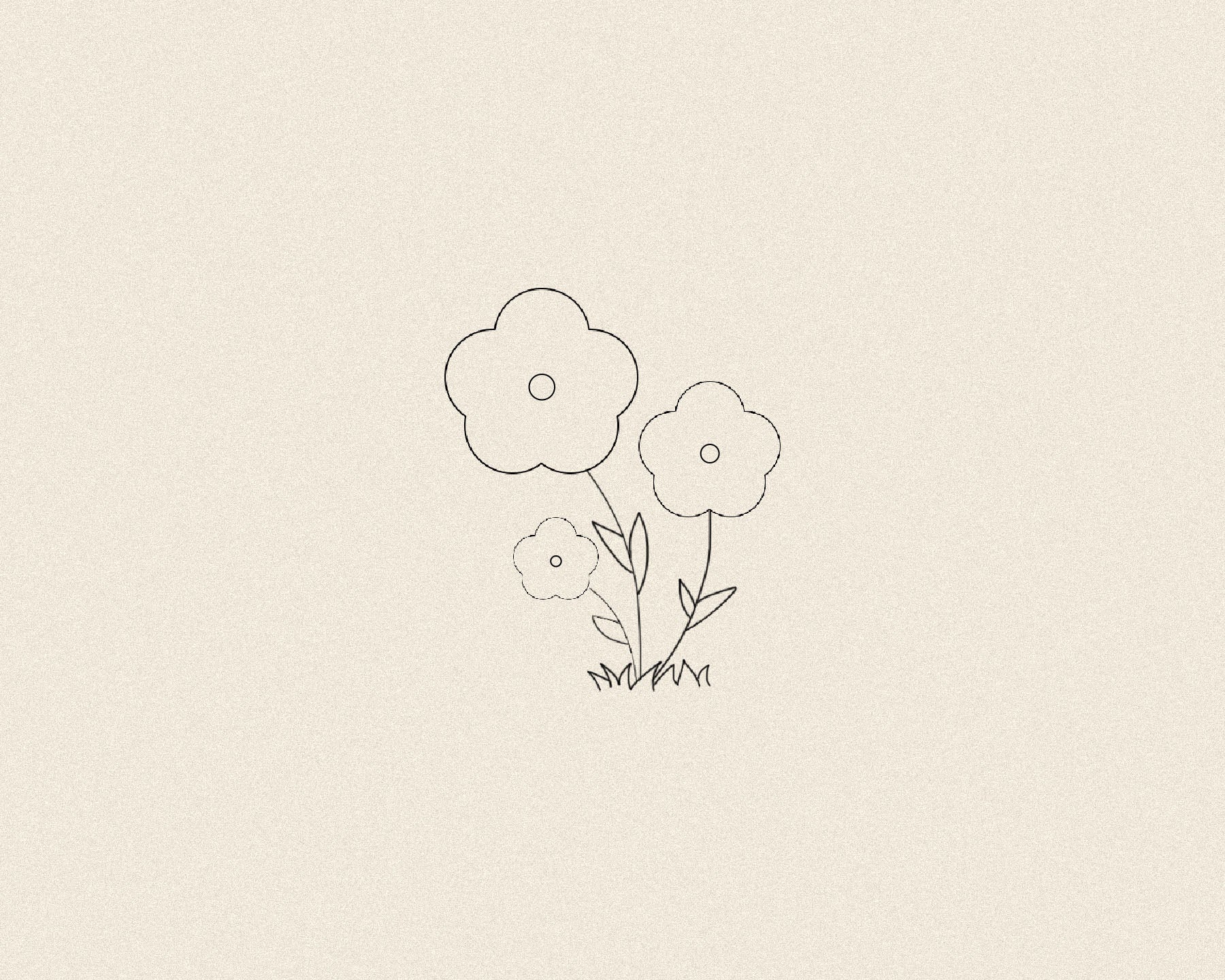Week five: Holding Space
As we are well aware of now, loss changes us – it impacts us in ways we never thought possible and it’s something that shapes us into the person we are today. Though grief seems to be a negative, painful experience, which it is, it can also bring us into a new chapter of life with an immense result of growth. This is known as posttraumatic growth (PTG) – the positive change that occurs after a traumatic event or a major life struggle. PTG can result in five specific areas of growth that may not all occur, or occur at the same time but as you reflect on your own loss these areas of growth will become more evident. The first way is new opportunities emerging from the loss or struggle, opening up possibilities that were not previously there. Second is a change in relationships – you may experience closer relationships with some and an increased connection with others who have experienced similar trauma. A third area is an increased understanding and appreciation of your own strength – “if I’ve lived through that, I can make it through anything”. A fourth aspect that many individuals experience is a greater appreciation for life in general and the fragility of life itself. The last area is a religious or spiritual change, with a deepening connection in one's spiritual life or belief system.

To allow yourself to notice and embrace PTG it’s important to hold space for your grief and loss. Again, we cannot heal what we do not feel (are you sick of me saying that yet?). Creating and holding space for your grief allows you to give yourself compassion and grace to experience the positive that can come from such a heavy loss. Below are a few ways you can hold space for yourself (or others as you support them) on your grief journey.
There is no space for comparison
Grieving is a personal journey and experience so comparing how you react to others, or even to yourself in previous situations is a no go. What may work for you may not work for others and vice versa. If you find yourself comparing your grieving journey to others you need to slow down, speak to yourself and remind yourself that this is your journey and there is no right or wrong way to navigate it. Make sure you are listening to your needs and caring for yourself the best way you know how – eating properly, sleeping well, talking to friends, family or a therapist, etc. Do what feels right for you and don’t look at how others are handling a similar experience and get caught up in the comparison game.
Feel and express it
As humans we often think, plan and strategize our way through life and challenges, but when it comes to grief you need to connect with how you feel. When you’re in the depths of grief you will often feel it physically – an ache in your heart, a pit in your stomach or overall low energy. It’s important to do things that connect you to your body, like movement, dance or artwork – oftentimes your grief will find a way to be expressed through your body, movement and creativity. Allow yourself to let go and let your emotions speak to you and hold space for them in doing so.
Time is a concept
When it comes to grief there is no timeline – no right place to be at by a certain time. Grief comes in many different forms and waves through our lives and often you will experience a wave of grief out of the blue with no explanation. This is a normal aspect of grieving and growing from a traumatic event. By removing comparison in relation to the time you’ve experienced grief you will allow yourself to feel emotions as they arise and experience your healing in the best way for you. By allowing ourselves to feel these emotions whether it’s right after a loss or a decade later, we are allowing ourselves to hold space for the grief.
Together and apart
When we navigate traumatic events we often lean into what feels best for us to ‘smooth over’ our emotions – for some that may be surrounding ourselves with friends and while others it may be isolating ourselves. It’s important to embrace and make space for both – even when it feels uncomfortable. If we keep everything in and isolate ourselves we aren’t giving ourselves the permission and space to heal. Similarly, if we are not allowing ourselves to be alone with our thoughts and are constantly around others, we are drowning out our emotions and repressing our personal grief experience. It’s important to understand what we are feeling both in times around others and times in solitude in order to properly hold space for ourselves.
Share your grief
We will all experience grief in our lifetime and more than once, but it’s a topic that is often hushed about and looked at as taboo to speak about openly. When we bring darkness to the light, it becomes light. Share your grief with others, starting small with your closest confidants and slowly expanding to others. Grief is a human experience and the more we can openly share about it the more we can all hold space for ourselves and one another.
As heavy as grief is, we can find light, connection and even growth from this human experience. As we reflect back on this month's intention, let's also look forward to how we can continue to make space for grief in our daily lives and relationships. Let’s together continue to support one another with kindness and grace, as we sit in silence, lean into discomfort and sadness and carry grief with us as we continue our lives.





Leave a comment
This site is protected by hCaptcha and the hCaptcha Privacy Policy and Terms of Service apply.